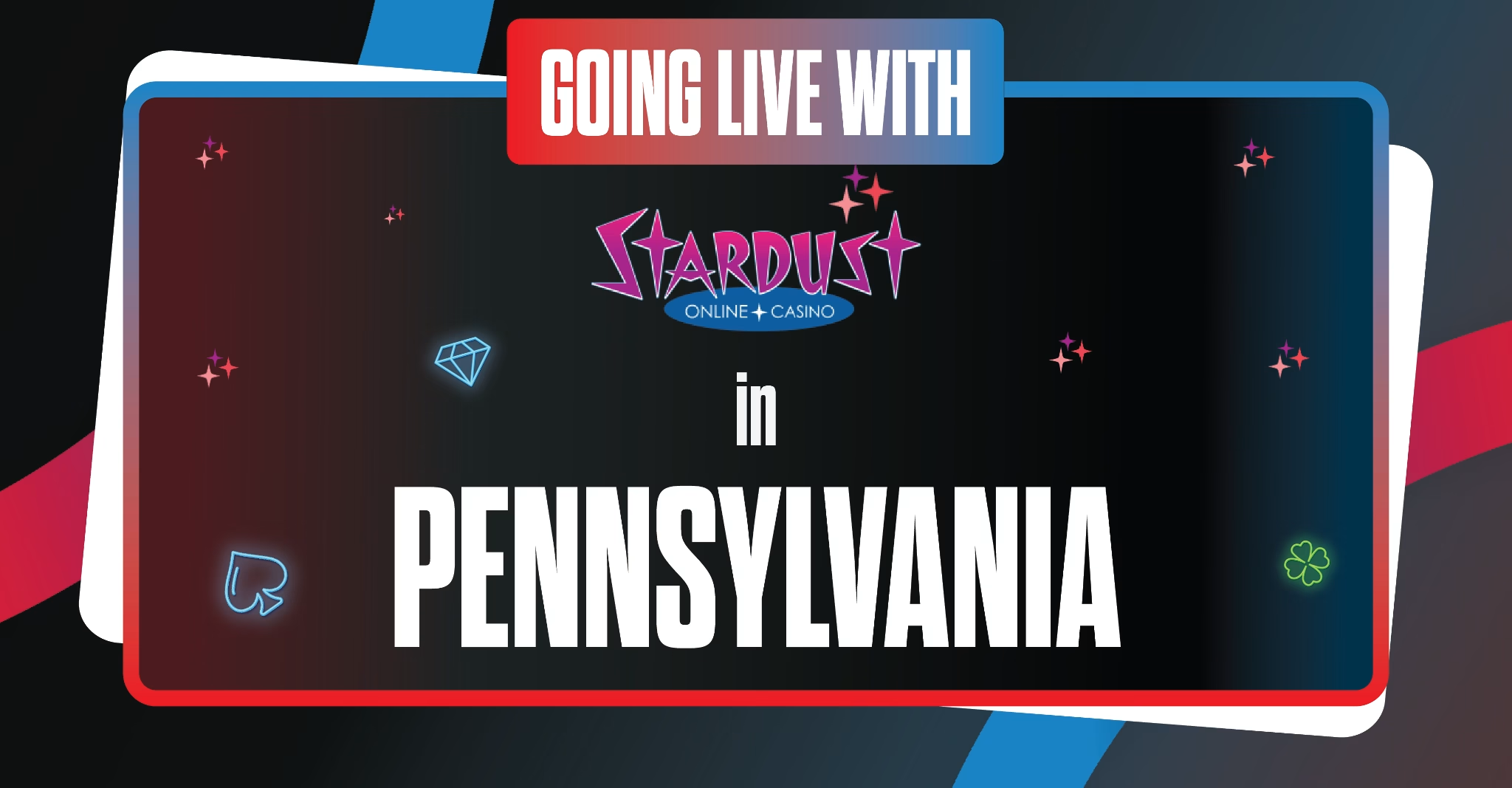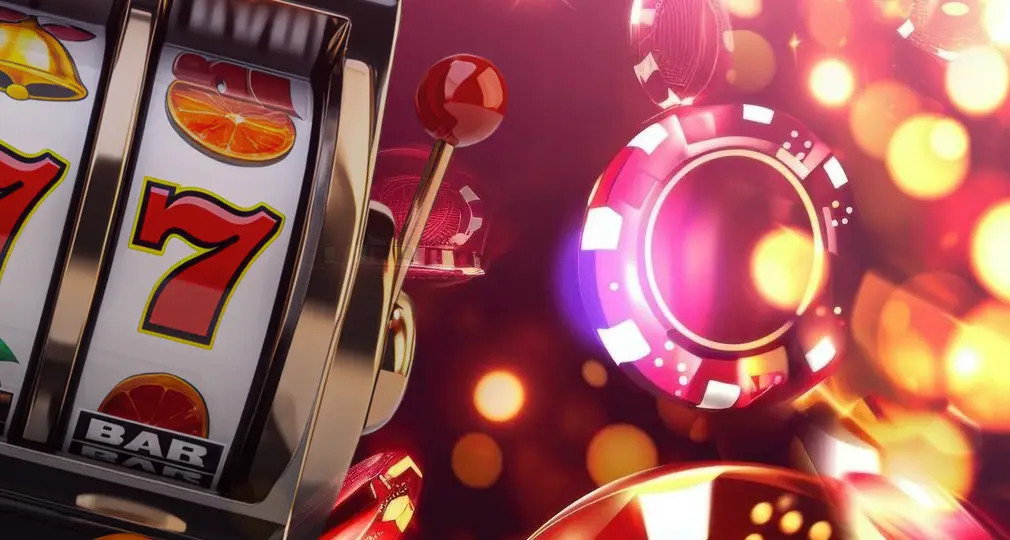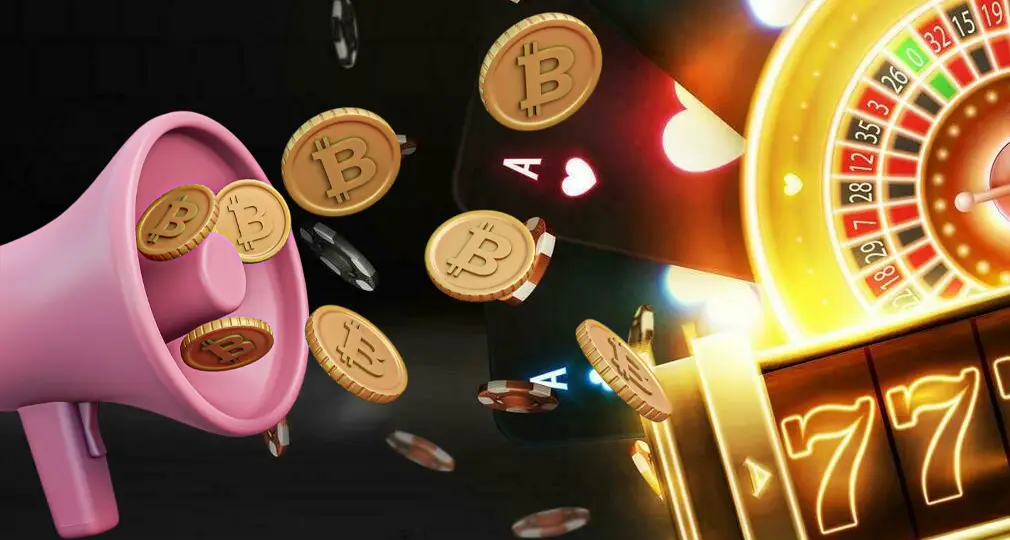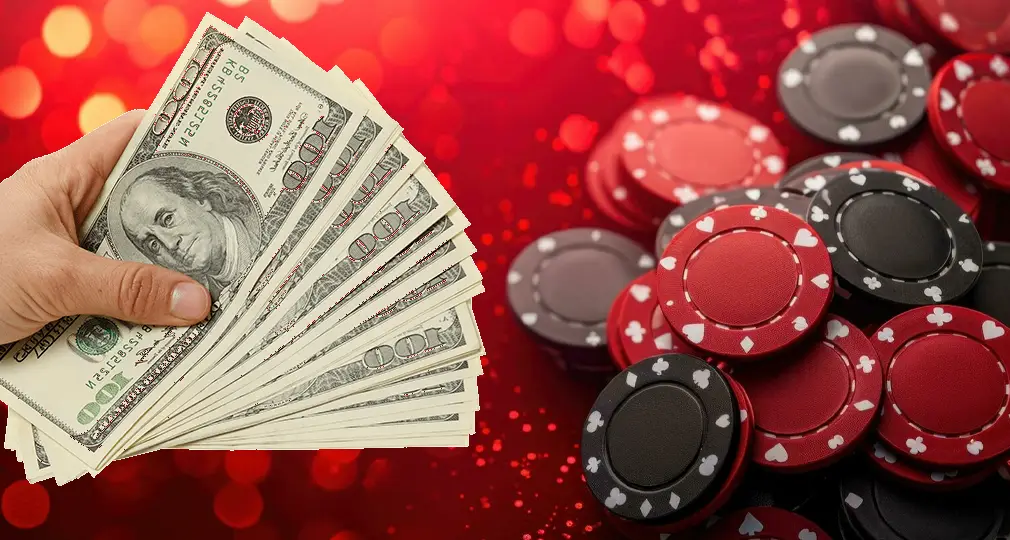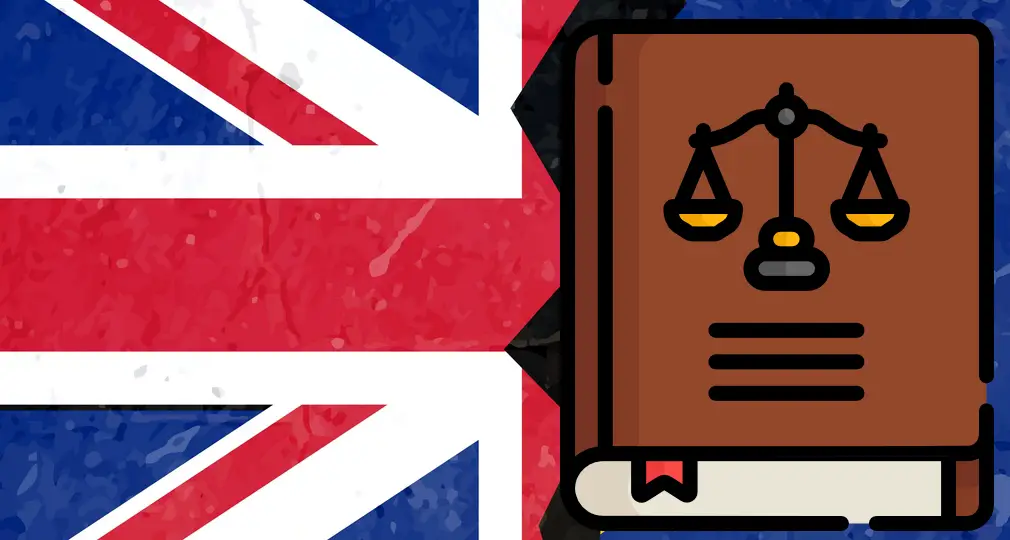In the ever-changing gambling industry where the excitement of a big victory is frequently overshadowed by the possibility of addiction, self-exclusion programs have become a ray of light for people who are having trouble reining in their betting tendencies. Through these voluntary initiatives, users can prohibit themselves from casinos and internet gambling sites. However, important questions are being asked: Are these self-exclusion initiatives really helpful, or are they merely overhyped policies with little real effect?
Understanding Self-Exclusion
Gamblers who recognize their problematic behaviors have the option to self-exclude, which involves asking to be removed from particular gaming environments or platforms. This procedure is important in assisting them in avoiding the stimulants and temptations that feed their addiction to gambling. GamStop is a prominent entity in this domain, functioning as a nonprofit organization that enables self-exclusion on several platforms. Gamers may be able to reduce their gaming addictions by limiting their access to gambling websites using this service.
However, it’s worth noting that the availability of casinos not on Gamstop or other self-exclusion services may be more beneficial to some gamblers. By not using a self-exclusion program, individuals retain full control over their gambling choices. This can be empowering for those who are confident in their ability to gamble responsibly and in moderation. Plus, self-exclusion programs enforce mandatory breaks from gambling, which may not align with an individual’s personal or financial circumstances.
The Effectiveness of Self-Exclusion Programs
The success of self-exclusion programs is still up for dispute, with different research yielding different conclusions. On one hand, many people have reported success with these treatments. Individuals frequently report lower frequency and spending when playing, indicating that self-exclusion may be a useful first step in regaining control over one’s gambling habits.
All participants in these programs do not however, experience the same level of success. The efficacy of these services are greatly influenced by variables including the length of time the person has been self-excluding, the severity of their gambling addiction, and their dedication to it. Additionally, the enforceability of self-exclusion agreements plays a key role. The efficacy of the program is greatly reduced in situations where enforcement is lenient or nonexistent.
Challenges and Limitations
The path to a life free from gambling is not without its challenges, especially in the presence of self-exclusion initiatives. The execution of these agreements presents one of the main obstacles. It is a Herculean endeavor to make sure that self-excluded people do not access gaming, especially online where maintaining anonymity is simpler. A further degree of difficulty is added by the existence of casinos that are not on Gamstop, which provides a simple workaround for those who are committed to gambling.
Furthermore, self-exclusion doesn’t deal with the fundamental problems that underlie gambling addiction. It’s not a remedy, just a stopgap measure. The risk of relapse persists if the psychological, emotional, and social elements that lead to gambling addiction are not addressed. This emphasizes the value of all-encompassing treatment programs that could involve peer support groups, therapy, and in certain situations, medication.
The Role of Policy and Regulation
The importance of legislation and regulation in resolving the shortcomings of self-exclusion programs cannot be overstated. Effective online and offline gaming regulation is required to encourage self-exclusion efforts. Governments and regulatory agencies are ensuring that self-exclusion lists and responsible gambling standards are followed by operators of gambling services.
Fines can be imposed on operators who do not comply with self-exclusion requests, and awareness campaigns can be conducted to highlight the dangers of gambling and the existence of self-exclusion programs. The effectiveness of self-exclusion as a strategy for reducing the harm from gambling can be greatly increased by tightening the regulatory environment surrounding gambling.
Alternative Approaches and Complementary Strategies
A rising focus is being placed on complementing tactics and alternative approaches, as self-exclusion is recognized to have its limits. Gamblers can gain from cognitive-behavioral treatment (CBT), which assists in altering harmful gambling habits and ideas, in addition to self-exclusion. Furthermore, support organizations such as Gamblers Anonymous offer a network of others going through comparable struggles, sharing stories and giving peer support.
Technology-based instruments are also quite important. In addition to self-exclusion, software that prevents access to gambling websites can be a useful tool. These technologies strengthen the will of gamblers to refrain from gambling by providing an additional line of protection, particularly for those who bet online.
Conclusion
Self-exclusion programs are not a cure-all, but they do give hope and are a positive start in the right direction. Various factors such as the length of the program, the level of individual commitment, and the availability of support networks, all affect how beneficial such programs are. Their effectiveness is further complicated by difficulties with enforcement and the availability of alternatives like casinos that are not on Gamstop.
Ultimately, the best method for treating gambling or gaming addiction in general appears to be a comprehensive one that incorporates self-exclusion with peer support, therapy, and technology. The road to rehabilitation is complex and requires tenacity, assistance, and a well-thought-out plan customized to each person’s needs.
Read more: Best iGaming Aggregators













